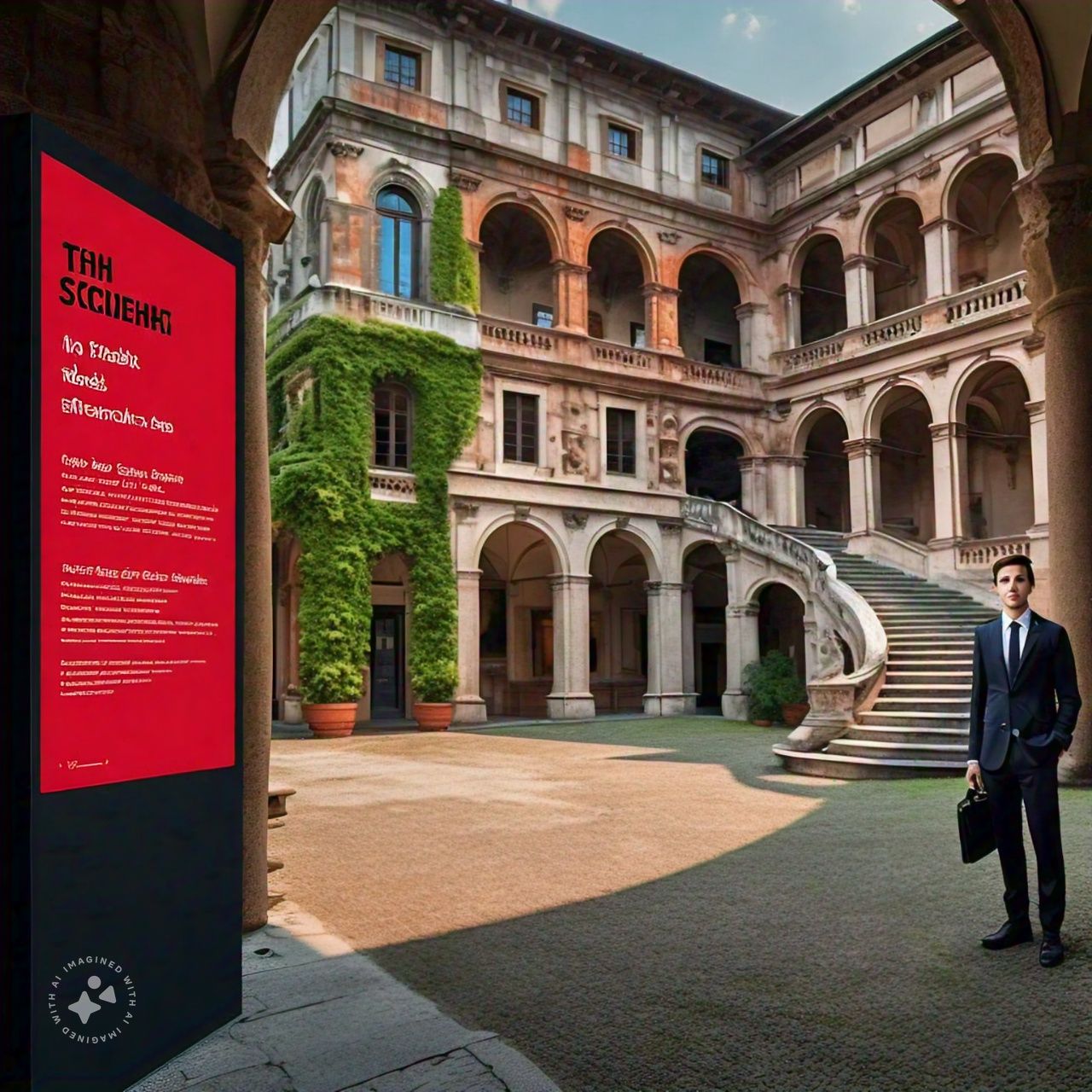Unlock the Dream of Pursuing a PhD in Italy
Imagine strolling through ancient Rome, studying under the grandeur of Florence’s Renaissance architecture, or soaking in the Mediterranean views from a Neapolitan café. For many, the dream of pursuing a PhD in Italy is not just about academics but also about immersing oneself in the rich cultural tapestry that Italy offers. As 2024 unfolds, the opportunity for international students to secure PhD scholarships in Italy is more promising than ever.
This comprehensive guide will navigate you through the intricacies of these scholarships, offering a detailed roadmap to achieving your academic dreams in Italy. From government-funded scholarships to university-specific and private foundation scholarships, we will explore the various types of scholarships available and provide a step-by-step guide to the application process.
Discover why Italy is the perfect destination for your PhD journey, with its historic universities, cutting-edge research facilities, and vibrant international student community. Learn how to craft a winning research proposal and hear from previous scholarship recipients who have achieved success in their academic and professional pursuits.
Get practical advice on living in Italy as an international student, from finding accommodation to navigating the healthcare and transportation systems. Finally, learn how to financial plan and budget to make the most of your scholarship and Italian experience.
Managing Finances and Building a Network in Italy
Creating a realistic budget is essential for international PhD students in Italy. Key categories to consider include rent, food, transportation, healthcare, and leisure activities. Tracking costs regularly and adjusting the budget as needed helps manage living expenses effectively.
Scholarship funds are typically disbursed in installments, and managing them wisely is crucial to cover essential expenses throughout the academic year. Setting aside a portion of each installment for emergencies provides financial security.
Many international students in Italy take up part-time jobs to supplement their income. Universities often have job boards with listings for on-campus positions, and part-time work in local businesses is also an option.
Learning Italian enhances the overall experience, and numerous resources are available for language learning. Embracing Italian culture through local festivals, cuisine, and community engagement provides a deeper understanding of customs and traditions.
Building a professional network is crucial, and Italy offers numerous opportunities for networking through conferences, seminars, and academic societies. Connecting with peers and experts in the field provides opportunities for collaboration and mentorship.
A PhD from an Italian university opens up various career paths, including academia, industry, and research institutions. Graduates enjoy high employability and successful careers.
Navigating Italian bureaucracy can be challenging, but practical advice on visa applications, residency permits, and administrative tasks helps. Tips for a successful PhD journey include effective time management, maintaining a work-life balance, seeking academic support, and staying motivated.
Common challenges faced by international PhD students in Italy include cultural adaptation, academic pressure, and homesickness. Strategies for overcoming these challenges include learning about Italian customs, seeking support from fellow students, and maintaining open communication with advisors.
FAQs: PhD Scholarships in Italy
We’ve answered some frequently asked questions about PhD scholarships in Italy to provide comprehensive information:
Q1: What are the main requirements for PhD scholarships in Italy?
A: Applicants need a solid academic record, a clear research proposal, and proficiency in English or Italian.
Q2: Are scholarships available for all fields of study?
A: Yes, Italy offers scholarships across various fields, from humanities to engineering and sciences.
Q3: How competitive are these scholarships?
A: These scholarships are competitive, but a well-prepared application can significantly enhance your chances.
Q4: Can I apply for multiple scholarships simultaneously?
A: Yes, it’s advisable to apply for multiple scholarships to increase your chances of securing funding.
Q5: What is the duration of these scholarships?
A: Most PhD scholarships in Italy cover the entire duration of the program, typically 3-4 years.
Q6: Do I need to know Italian to study in Italy?
A: While many programs are in English, knowing Italian can be beneficial for daily life and integration.
Q7: What are the living expenses like in Italy?
A: Living expenses vary by city, but budgeting around €800-€1,200 per month is advisable.
Q8: What are the job prospects after completing a PhD in Italy?
A: Graduates from Italian universities are highly employable and often secure positions in academia, research, and industry globally.
Conclusion:
Pursuing a PhD in Italy offers unparalleled academic and cultural experiences. With proper preparation and a compelling application, you can secure a scholarship that will pave the way for a successful academic career. This guide has provided a comprehensive overview of the opportunities available in 2024. We wish you the best of luck in your pursuit of knowledge and excellence in Italy.
Resources and Further Reading:
For further information, we provide a list of valuable resources, including links to scholarship databases, university websites, and official Italian government portals.
Final Checklist:
Before starting your application process, use this final checklist to ensure you have all the necessary documents and information:
– Research all available scholarships and identify those that match your qualifications.
– Gather required documents, including academic transcripts, letters of recommendation, and proof of language proficiency.
– Write a compelling research proposal.
– Submit applications through designated platforms or directly to universities and scholarship providers.
– Prepare for potential interviews and stay informed about application deadlines.

Leave a Reply